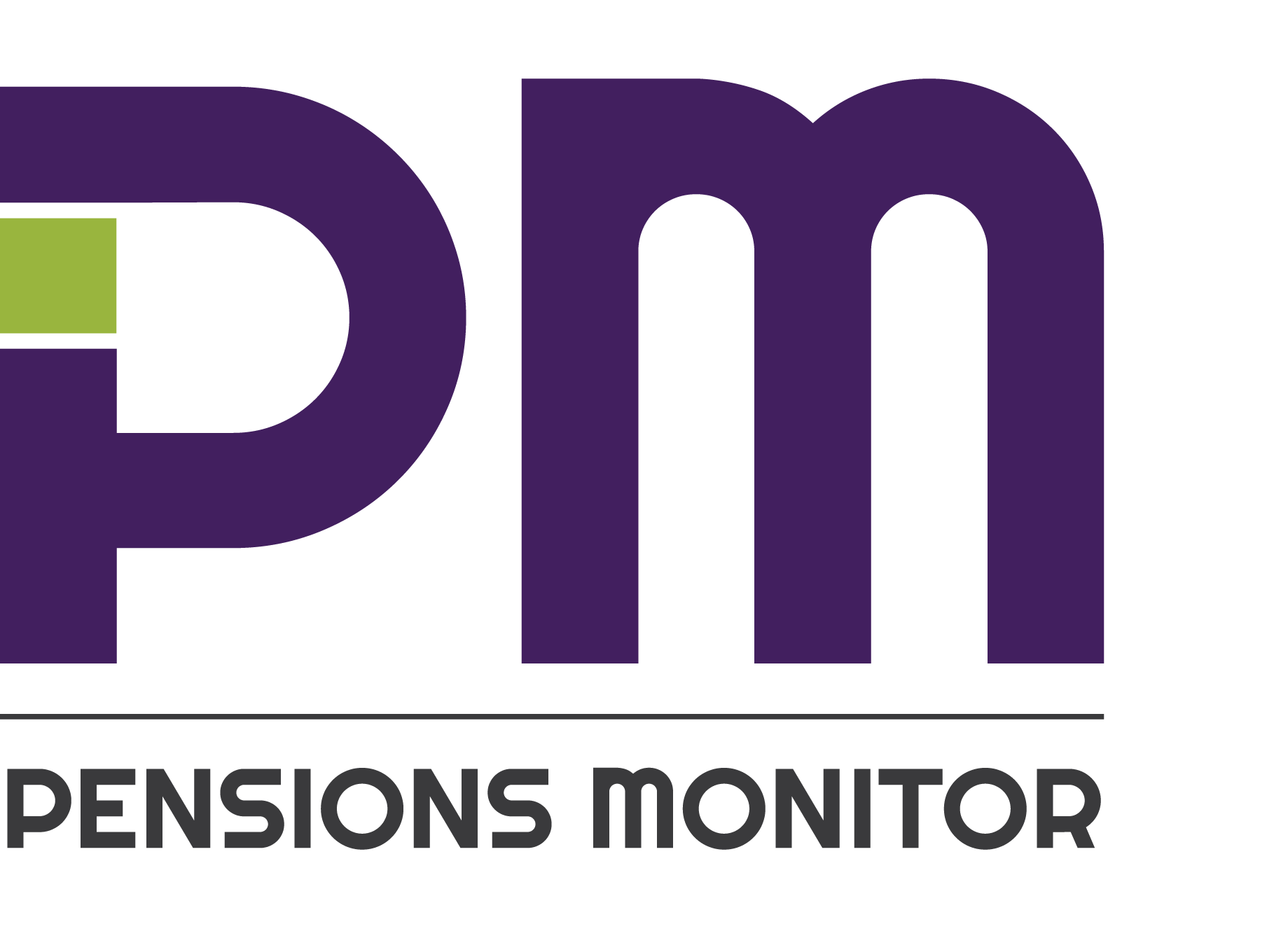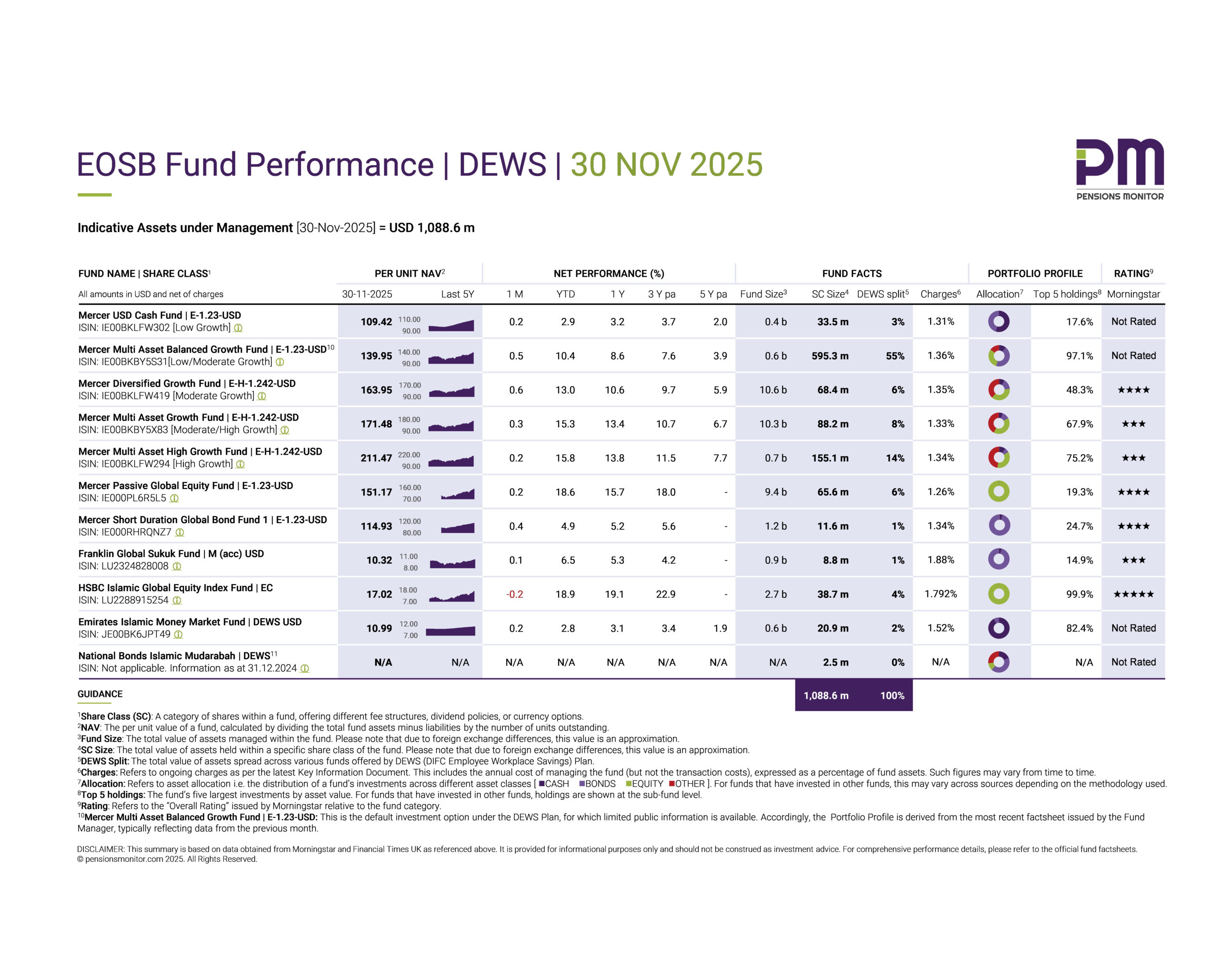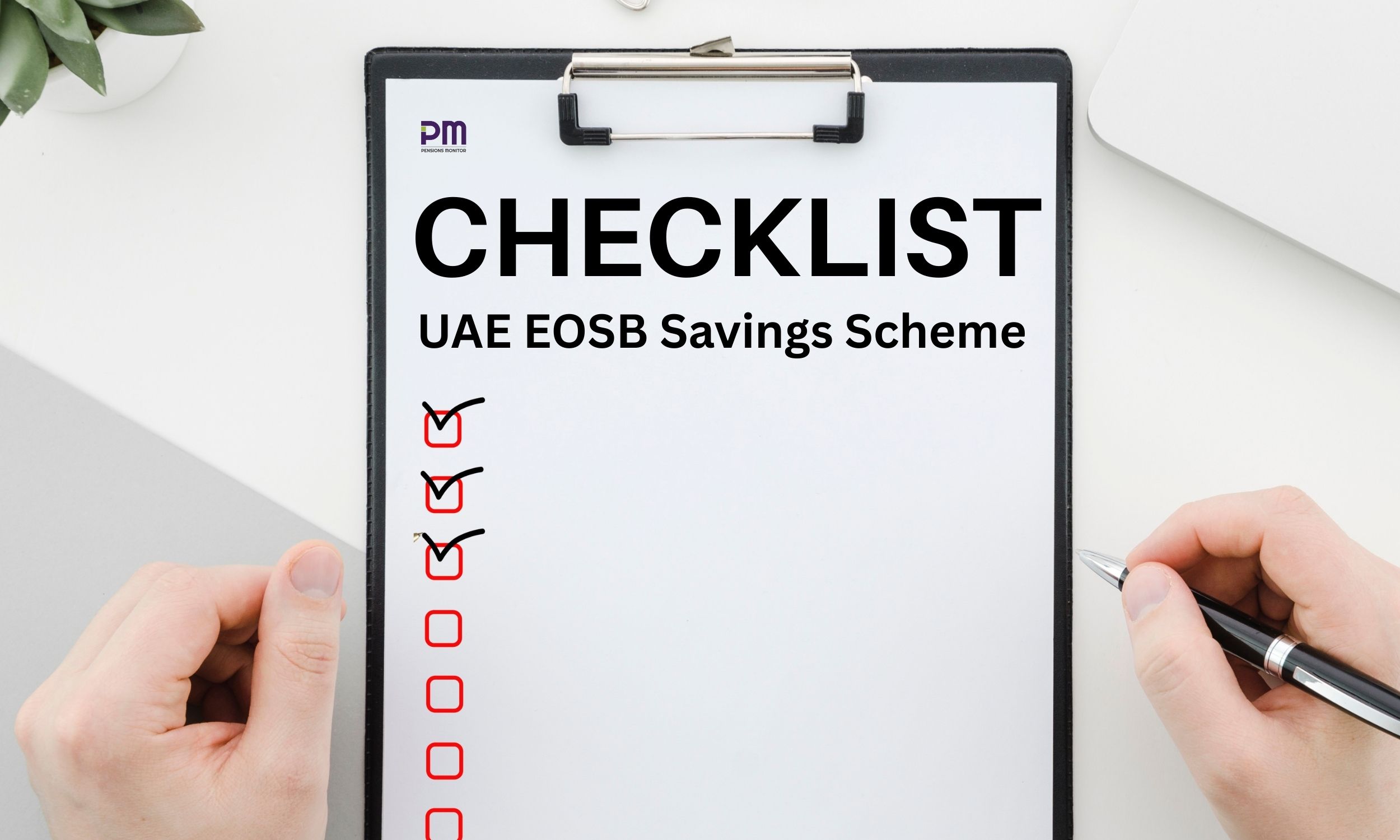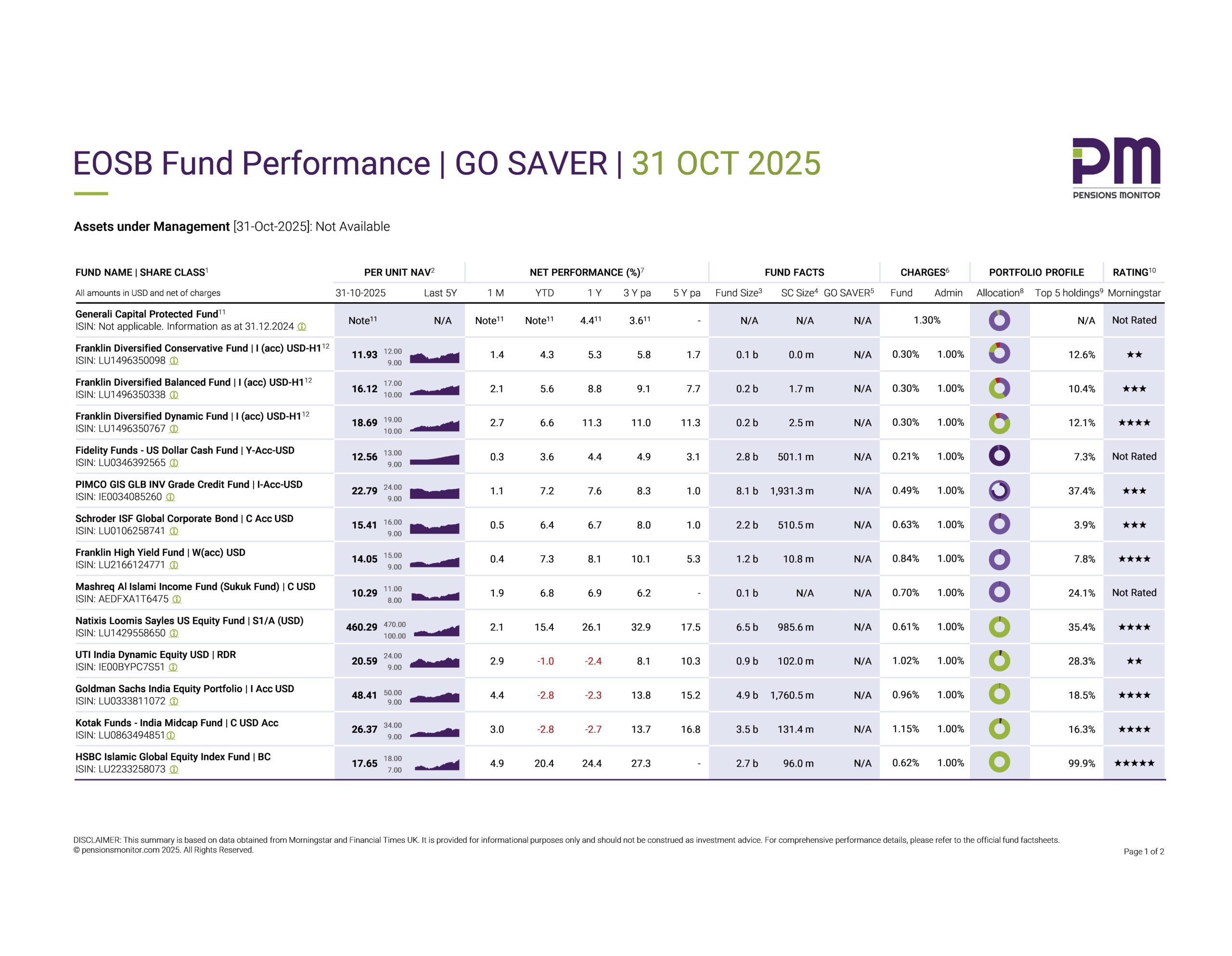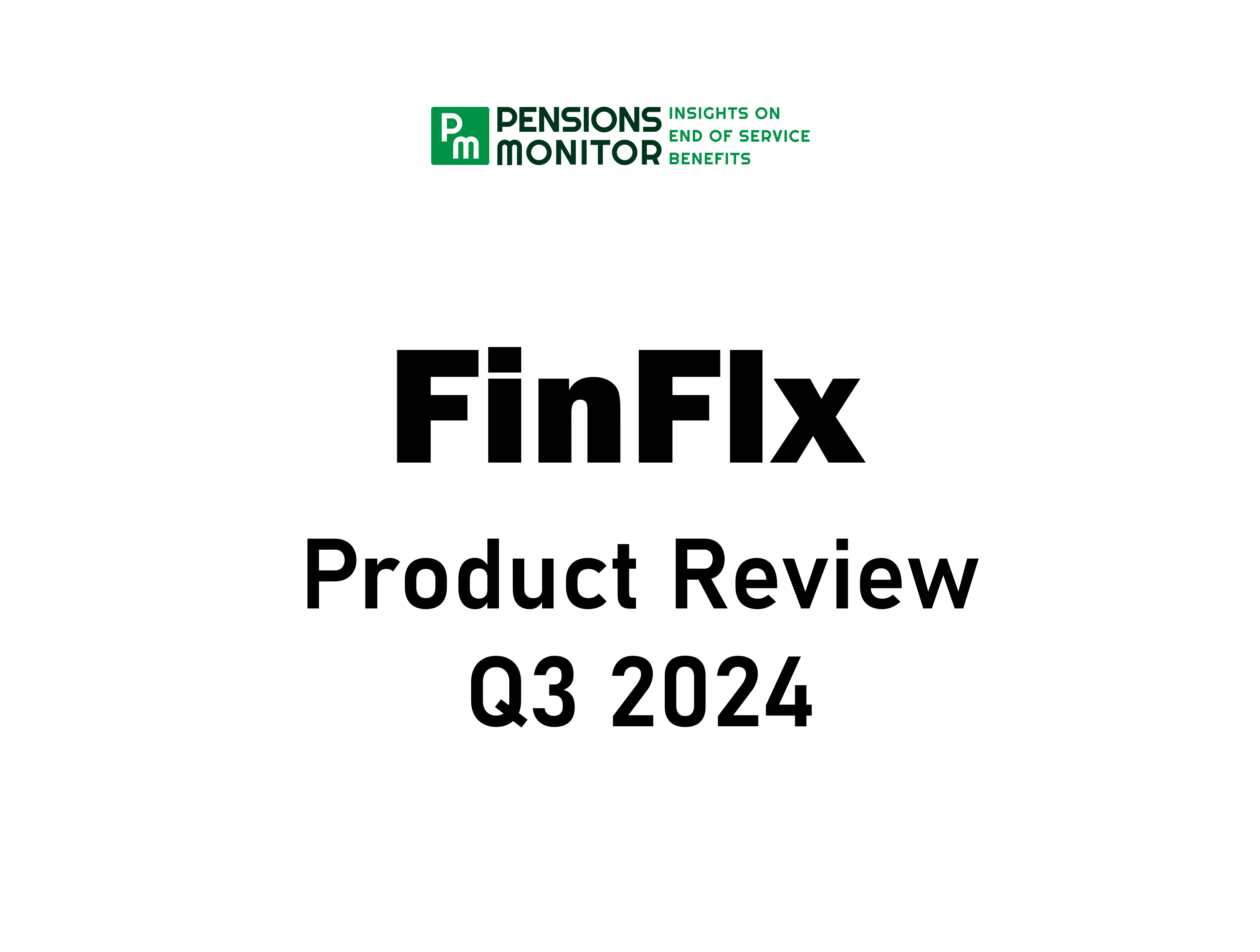
“Guaranteed return of 4-5% on a free-of-cost savings account in the UAE where you do not have to maintain any minimum balance and the full amount can be withdrawn at any time with no hidden charges whatsoever.” Sounds too good to be true and interestingly, it’s not provided by a bank.
This flexible savings account is offered by a UAE startup namely, FinFlx. We talked about the FinFlx Savings Account in a previous article calling it ‘a very simple solution’ but that is far from the truth. Pensions Monitor has now spoken with FinFlx at length and also explored its app. Here’s what you should know.
Back in 2020, FinFlx recognized two clear needs in the market:
-
Most companies in the UAE did not save towards their employees’ End-of-Service Benefits (EOSB) simply because there was no incentive to do so – no regulatory push and no financial gain. This caused many companies in the UAE to default on employee final settlements during the coronavirus pandemic.
-
There was also no credible end-to-end system for companies to seamlessly manage this process of regularly saving towards EOSB liabilities.
And so, in a nutshell, FinFlx developed a full-stack end-to-end gratuity management system and launched a savings account that earns a ‘guaranteed’ return (says FinFlx) for companies.
In the bargain, FinFlx also enabled enrolled employees to deposit personal monies and earn a guaranteed return (again, as per FinFlx) and benefit from a range of value-added services.
Let’s take a closer look at the business model.
FinFlx Flexible Savings Account
This account was primarily created for companies to start saving towards their EOSB liability while earning a return of 4% as an incentive to park funds. Employees can also save personal money through the FinFlx app for whom the guaranteed return is even higher at 5%, however, employee enrolment is strictly through employers.
The account operates in two currencies – AED and USD, requires no minimum opening balance and is said to be completely free-of-cost i.e. there are no monthly fees and no fees on withdrawal of monies. Moreover, the entire amount can apparently be withdrawn at one go.
Quite attractive features we think, when compared to local conventional banks and even that of Wio Bank’s saving spaces. According to the FinFlx app, saving AED 5,000 each month in the FinFlx Savings Account could earn up to 2.5% more each year compared to a regular bank account. Below are screenshots from the FinFlx app (desktop view recommended).

The app also comes with a financial academy for employees and privileged rates for services such as home finance, tax advisory, health insurance, motor insurance, unemployment insurance and legal advisory through partnered service providers that include Holo Mortgage Advisors, Hodgens Global, Wellx, Dubai Insurance and Legal Circle.
FinFlx Gratuity Scheme
At the heart of its business model, is its full-stack end-to-end gratuity management solution that they say is in full compliance with UAE’s Labour Law and allows companies to seamlessly manage employee records, accurately forecast EOSB liabilities, integrate gratuity workflows between HR and Finance teams and also buy in and buy out transactions with the ‘Custodian Bank’.
Now access to the FinFlx Gratuity Scheme is a chargeable service for a monthly fee of AED 5 per employee.
But FinFlx is not a bank, so where is the money deposited?
FinFlx is a Category 3C asset manager licensed by Abu Dhabi Global Markets (ADGM) and regulated by the Financial Services Regulatory Authority (FSRA). The allows FinFlx to manage assets of retail clients, and hold and control client’s money through a Custodian Bank for which FinFlx uses Emirates NBD. This means that when companies and employees (collectively ‘clients’) deposit money into a FinFlx Savings Account, the money is safely received in a Client Money Account under the custody of Emirates NBD.
How are ‘guaranteed’ returns being generated for clients? Where is client money being invested?
In a money market fund investing in US-Treasuries globally which are considered as a benchmark for a risk-free investment. However, one must know that all investments are subject to market risks and money market funds are dependent on the interest rate environment. As of now, we are at the top of the rate cycle, and experts predict that interest rates will reduce in the coming quarters. FinFlx acknowledges this and so they inform their clients about the expected rate of return at the start of each quarter.
(Please see our recent article on “Guaranteed Funds”).
How does FinFlx generate revenue on the savings account?
Unlike a typical fund manager that charges an agreed percentage of the Assets under Management (AuM) and credits the remainder to the beneficiaries, FinFlx first credits the pre-confirmed return to client accounts and any excess then accrues as revenue for FinFlx. This excess is also used to pay off the fees of the Custodian Bank.
But FinFlx is just a startup. How secure is client money?
Now we know that startups do not come with a longstanding track record so it can be daunting to deposit money with a relatively new comer. For background, the startup is backed by prominent investors and is subject to the capital requirements of the FSRA that increases progressively with respect to AuM.
Moreover, the fact that all client monies are fully segregated and held in a Client Money Account with the Custodian Bank means that client monies can be withdrawn at any time in the event of FinFlx insolvency. That said, client monies remain subject to market risks associated with the underlying money market fund.
In terms of uptake, FinFlx has shared some rather impressive statistics on their performance in the last two years having signed up 300+ companies and 5,000+ employees to their savings account. However, no information has been disclosed on how many employees are actually saving and the total AuM.
We also note that the startup appears in the 2023 list of top 100 future enterprises in the UAE, a national initiative launched by the Ministry of Economy in partnership with the Minister of State for Government Development and the Future to celebrate and support SMEs with potential to make a promising contribution to UAE’s future economy.
Our view
The FinFlx Flexible Savings Account has some attractive features when compared to a regular bank account. However, with the introduction of Cabinet Resolution 96 that is bound to become compulsory at some point, companies will be compelled to make payments into approved EOSB funds and employees will get direct access to a much wider choice of investment options for voluntary savings.
Furthermore, approved EOSB funds can only be launched by fund managers with a minimum AuM of AED 1bn (amongst other criteria) and therefore, we expect the FinFlx Flexible Savings Account to gradually lose traction. However, we are told that the FinFlx end-to-end gratuity management solution has given the startup new direction potentially as a technology provider and administrator for the corporate pension industry in the UAE, the details of which have not been disclosed to us yet.
FinFlx is reportedly also working on a solution with partners that will enable its existing clients to securely transfer their savings into funds that are compliant with the new rules in the future, again details awaited.
Stay tuned and sign up to Pensions Monitor’s newsletter so you don’t miss out on the latest developments of FinFlx and of the End of Service savings industry in general.
